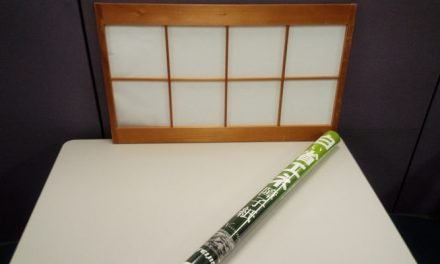The Albstadt-based circular knitting machine manufacturer has been honoured with a Climate and Environment Innovation Prize (IKU) for its spinitsystems spinning and knitting technology. The Federal Environment Ministry (BMUB) and the Federation of German Industries (BDI) award IKU prizes every other year for innovations, “that marks new departures in climate and environmental protection”.
The IKU jury noted that spinitsystems combined spinning and knitting in a single machine, thereby saving energy, resources, space and time in the production of single jersey fabrics.
“We are the first manufacturer to have dared to merge these two processes that have previously been separate both technically and ideologically,” said Michael A. Tuschak, in charge of spinitsystems marketing and sales. “We are delighted that the staying power required to see an innovation of this kind through has been rewarded with this prize.” Normally, yarn is manufactured at a spinning mill using a complex and energy intensive process before being processed into fabric on circular knitting machines. By contrast, the new Mayer & Cie spinning and knitting technology uses a roving system to combine both processes into a single machine, the Spinit 3.0 E.
Without the need for spinning machines, the Spinit reduces the space required by about a third. The process also takes less time, reducing the amount of energy required to about two thirds of what the conventional manufacturing process uses – with a positive effect on the carbon dioxide balance. Moreover, there is also a raw material saving with the leftover roving on the spools returned to the spinning mill.
As well as the environmental benefits, the IKU jury was also impressed with the market potential of the Spinit 3.0 E and the number of machines envisaged over a five-year period. The jury also felt that the 30 active spinitsystems patents and the long development time testified to the entrepreneurial performance that lay behind this innovation.
Sebastian Mayer, Mayer & Cie’s director in charge of corporate development expressed his delight with this notable achievement. “In combining the spinning and knitting processes we have created an interface that did not previously exist. Nobody other than us is conversant with it yet, so that in addition to the technological lead we have established a valuable knowledge lead.”
Along with the award, the prizewinners in the five IKU categories each receive €25,000 in cash to support their climate and environmental activities. In selecting the prize-winners, the IKU jury relied on the recommendations of the Fraunhofer Institute for Systems and Innovation Research (ISI), which checked the applications in detail and in some cases called on the applicants to submit further, in-depth information.






















